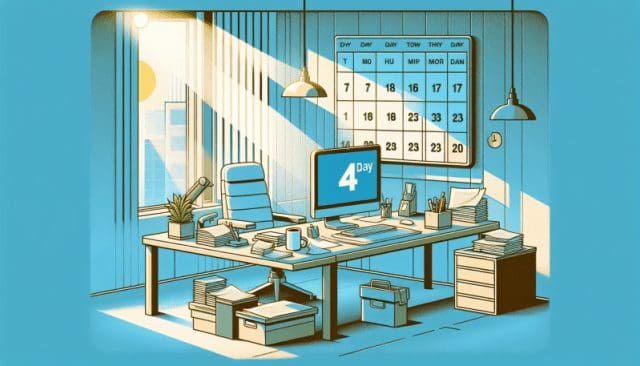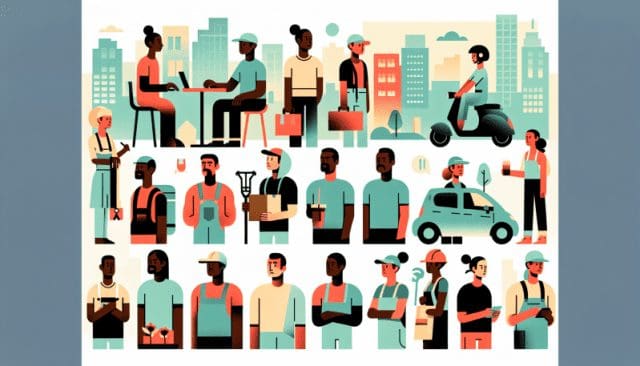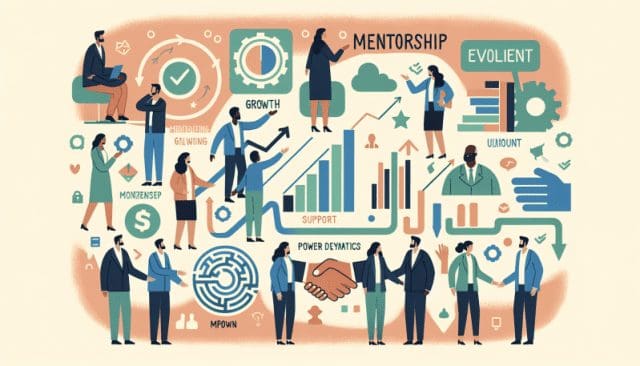The Unseen Epidemic: Addressing Chronic Workplace Stress in the Modern Graduate Workforce
The transition from academia to the professional world has always been a significant leap for graduates. However, in recent years, this passage has become increasingly fraught with challenges, leading to an unseen epidemic of chronic workplace stress among the modern graduate workforce. This issue merits urgent attention as its implications are vast, encompassing not only the well-being of individuals but also the productivity and culture of organizations at large.
The question begs to be asked: What are the origins of this pervasive stress? For one, the hyper-competitive job market sets a high bar for entry, often requiring a blend of experience, education, and connections that can seem unattainable to the average graduate. Once in the job, the expectations to perform and excel are immense, with many graduates feeling the pressure to ‘hit the ground running’ without the cushion of a learning curve.
Moreover, the digital age has ushered in an era of constant connectivity. The boundaries between work and personal life blur as graduates are expected to be available around the clock, thanks to smartphones and the internet. This ‘always on’ culture has disrupted what little work-life balance there was, leading to extended work hours and the inability to disconnect, both of which are key contributors to chronic stress.
Current workplace policies and wellness programs are varied in their approach and effectiveness. While some organizations have implemented measures such as mental health days and on-site counseling, the stigma around mental health and the fear of professional repercussions prevent many from taking advantage of such support. The question remains: Are these programs enough to counteract the immense pressures facing graduates?
Research has shown that untreated chronic stress can have significant effects on an individual’s professional trajectory, health, and overall satisfaction with life. Cases of burnout, anxiety disorders, and even depression are on the rise, signaling a crisis that can no longer be ignored.
Employers play a pivotal role in addressing chronic workplace stress. Proactive strategies may include fostering a culture of open communication, setting realistic expectations and goals, providing mentoring and support for new hires, and recognizing the signs of stress before they escalate. Flexible work arrangements, such as remote working and adjustable hours, have been touted as solutions to improve work-life balance. While they offer some relief, they also create new challenges, such as isolation and the blurring of boundaries between home and work.
Employees, on their part, must also adopt strategies to manage their well-being. This includes setting personal boundaries, seeking support when needed, and engaging in self-care practices. It is crucial for both employers and employees to work together in creating a sustainable work environment that supports mental health.
In conclusion, a multi-faceted approach is necessary to combat the epidemic of workplace stress among graduates. As we emerge into a post-pandemic world, now is the time to rethink how we work and to implement measures that can not only mitigate stress but also promote a resilient and healthy workforce capable of navigating the complexities of modern careers. The cost of inaction is too great, and the time to act is now.































